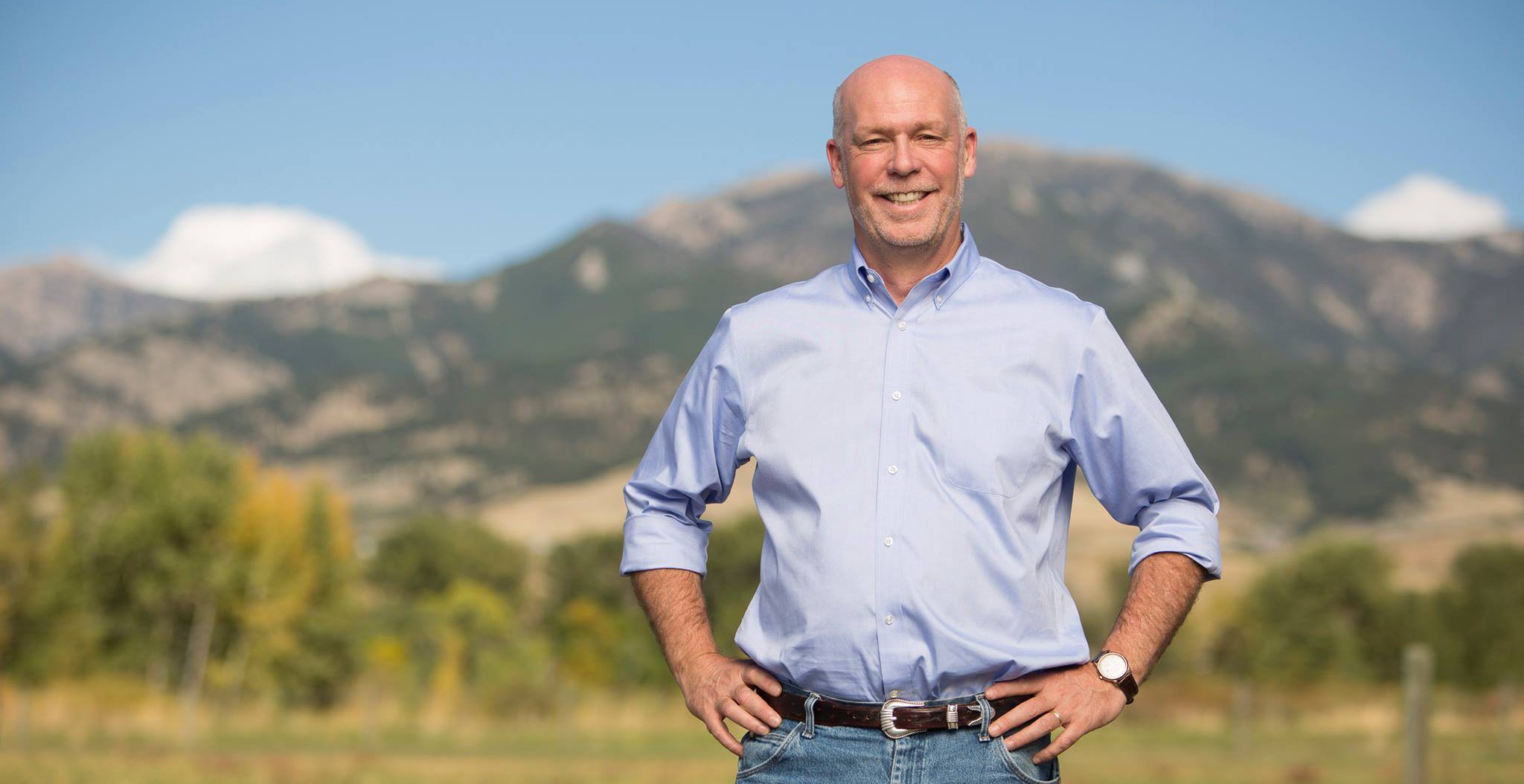Washington, Sept. 30 – With just 38 days until Election Day, RespectAbility is calling on all candidates for governor or Senate to complete the #PwDsVote Senate & Gubernatorial Disability Questionnaire. “PwDs” stands for “people with disabilities.” So far, Hillary Clinton and 30 candidates for Senate or Governor from both parties have done so. Now we’re calling on you to help to encourage the remainder. A number of candidates, including Donald Trump, have yet to fill out a nonpartisan candidate questionnaire on issues vital to America’s 56 million citizens with disabilities!
The down-ballot responses received so far are from candidates on both sides of the aisle – with 18 from Democrats and 12 from Republicans, demonstrating how disability rights is a nonpartisan issue. The responses also are geographically-diverse, coming from states all around the country.
Call and tweet candidates and demand that they respond to the questionnaire. Tell them why it’s important to you!
This is the first time down-ballot candidates have been asked to complete a questionnaire about disability-related issues on such a wide scale. The answers to these questionnaires are being posted on The RespectAbility Report and will be used for individualized state voter guides.

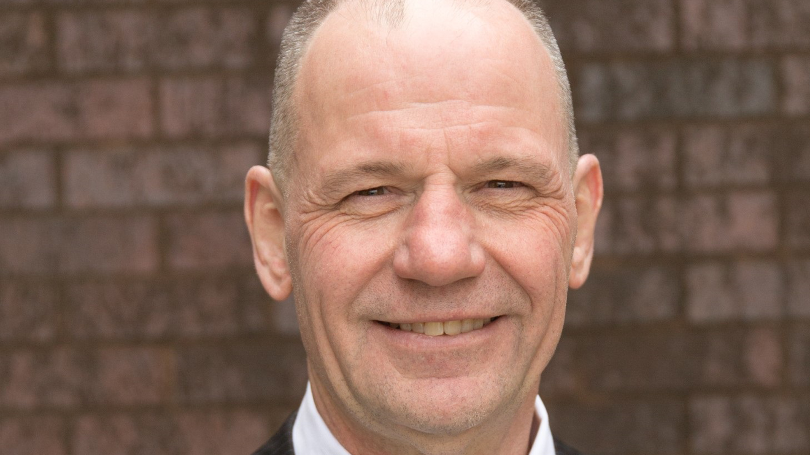
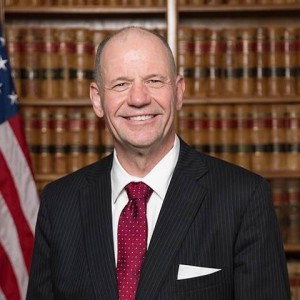
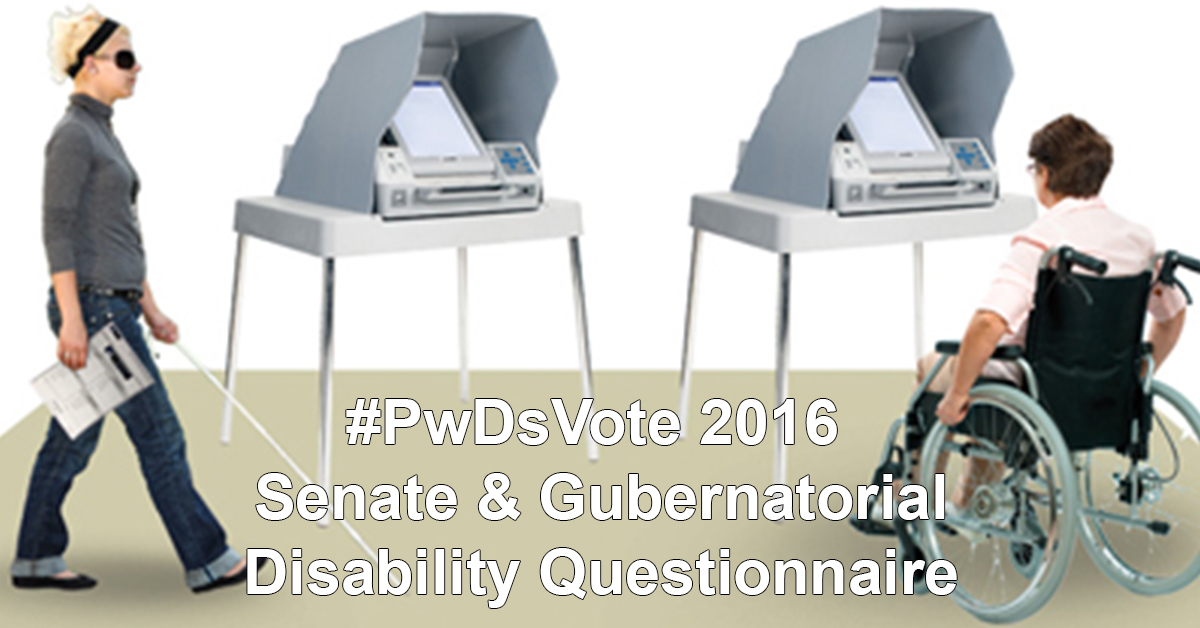
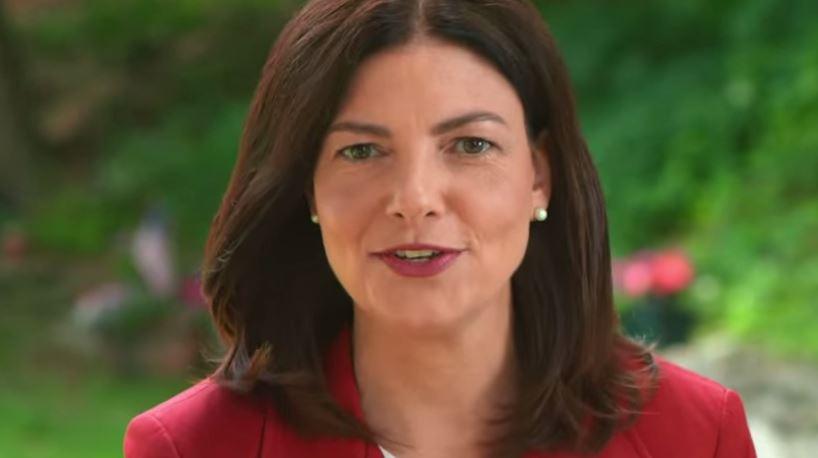


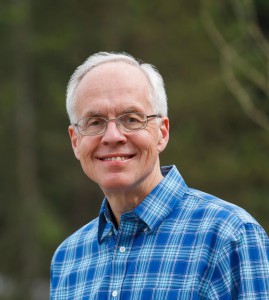
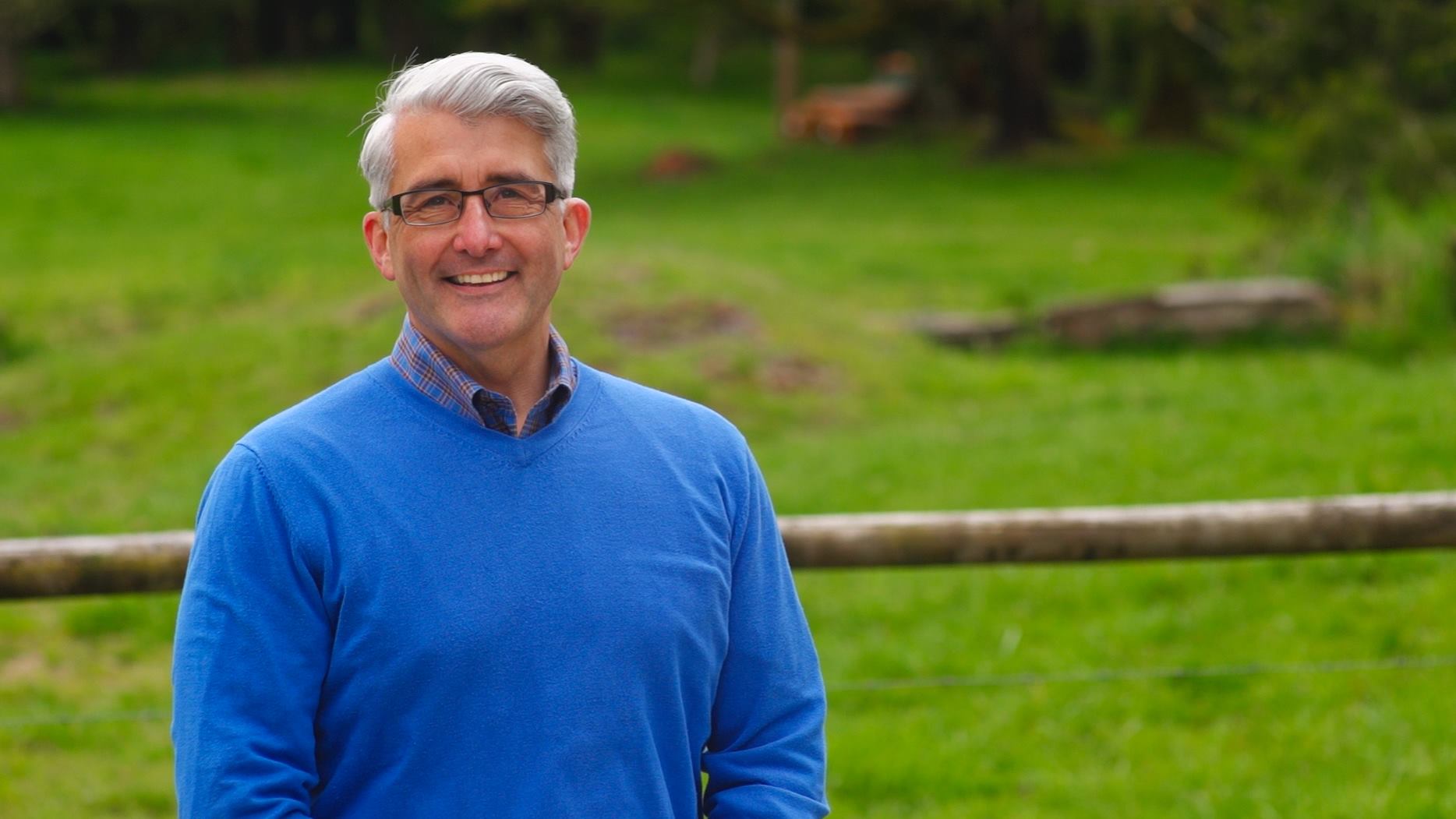

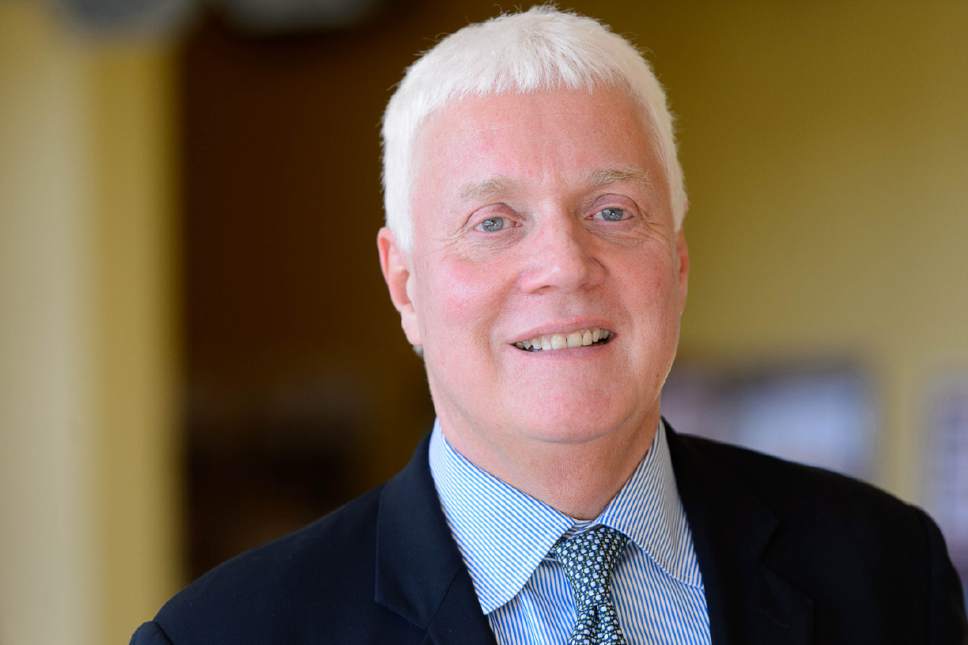

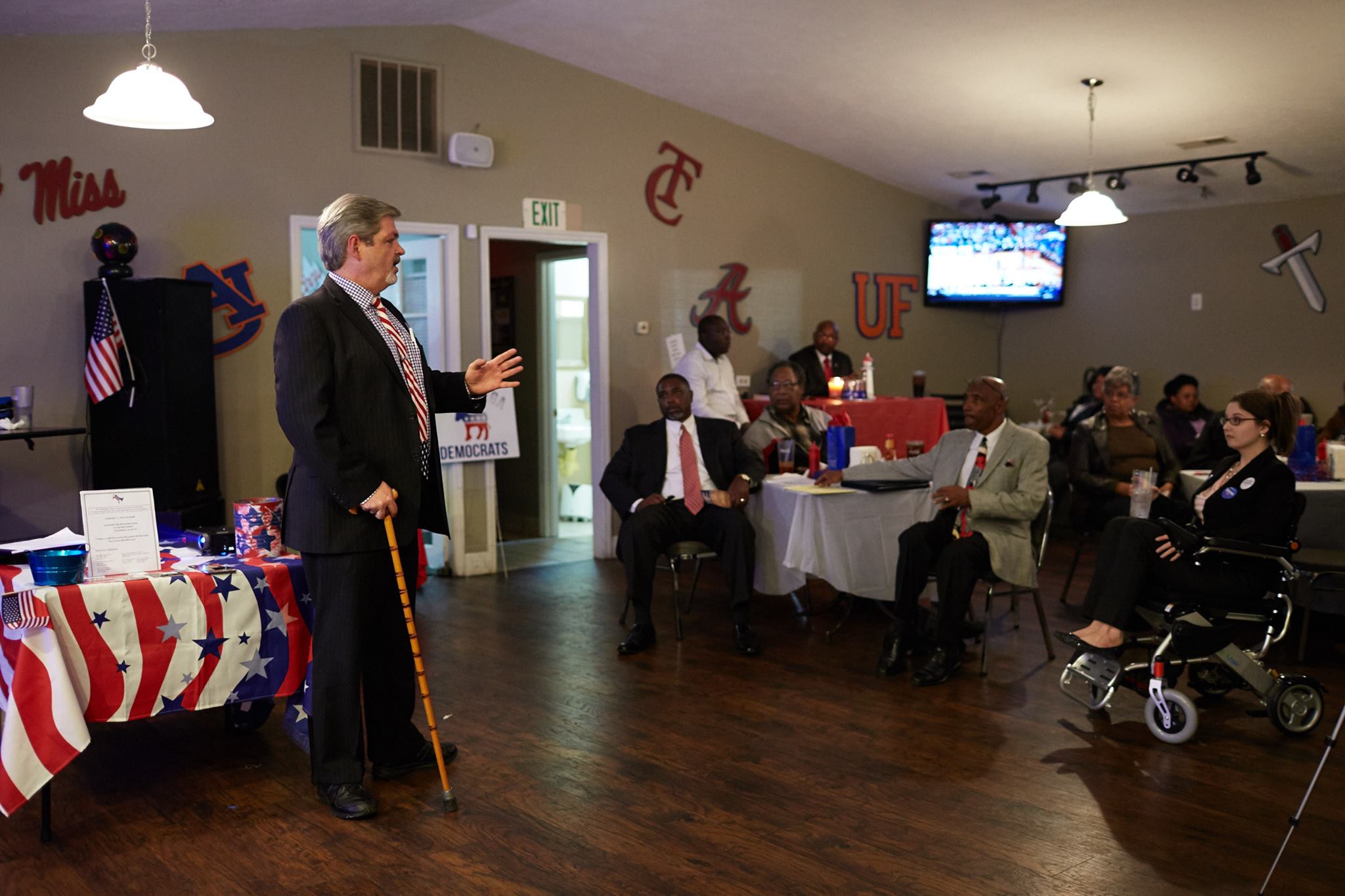
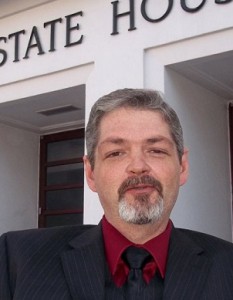
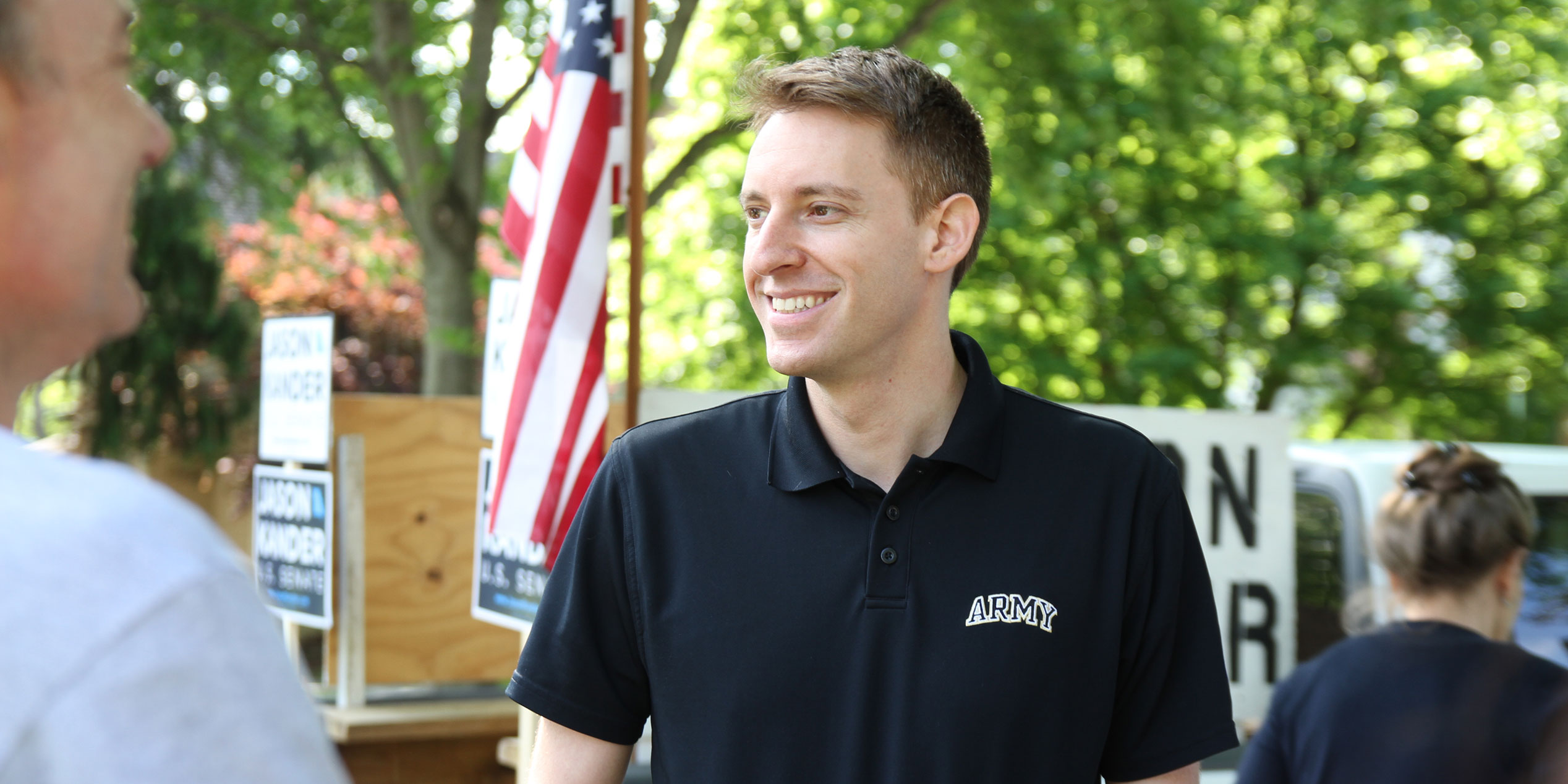

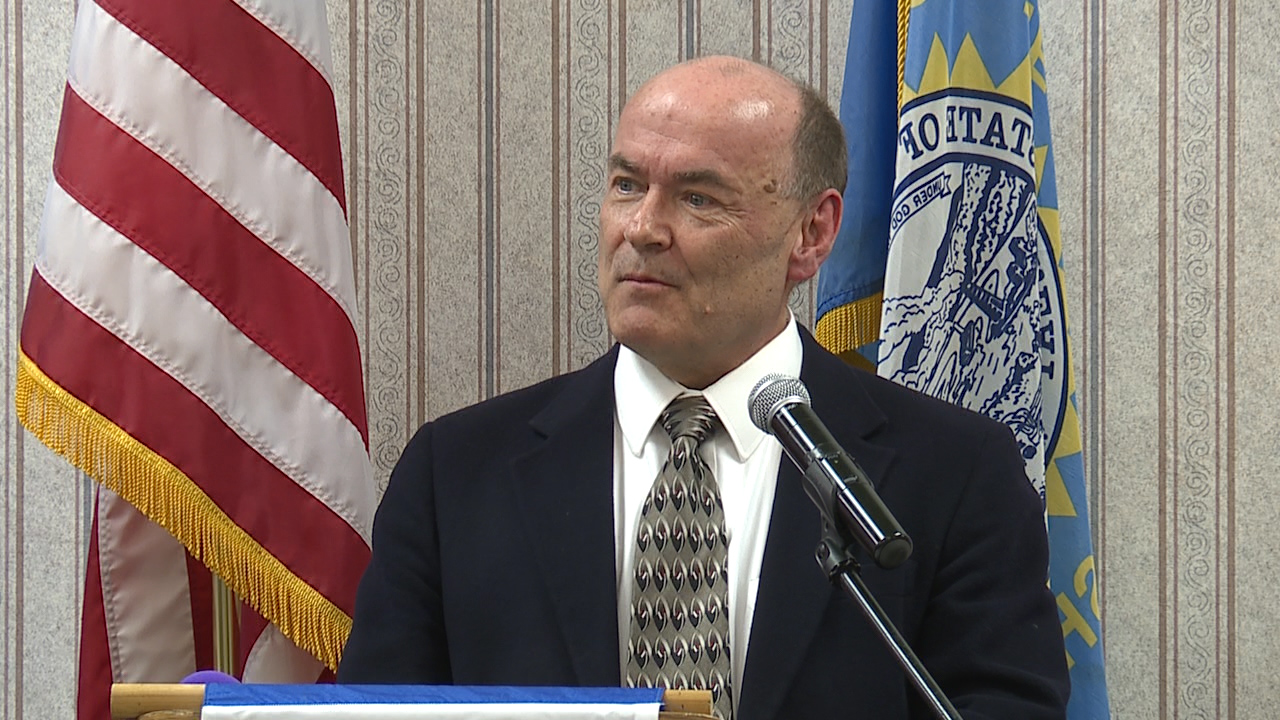
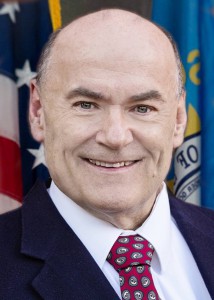

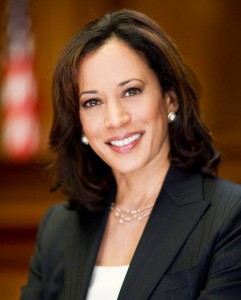

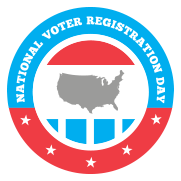 Washington, Sept. 27 – Today, we celebrate
Washington, Sept. 27 – Today, we celebrate 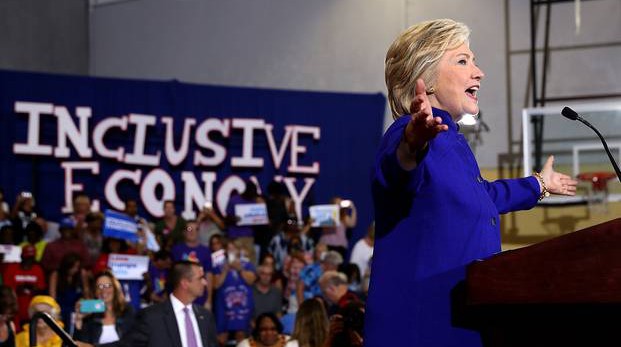

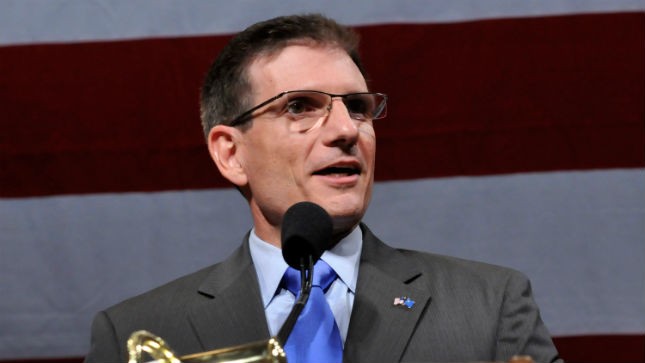
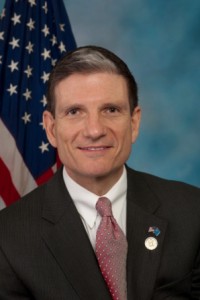
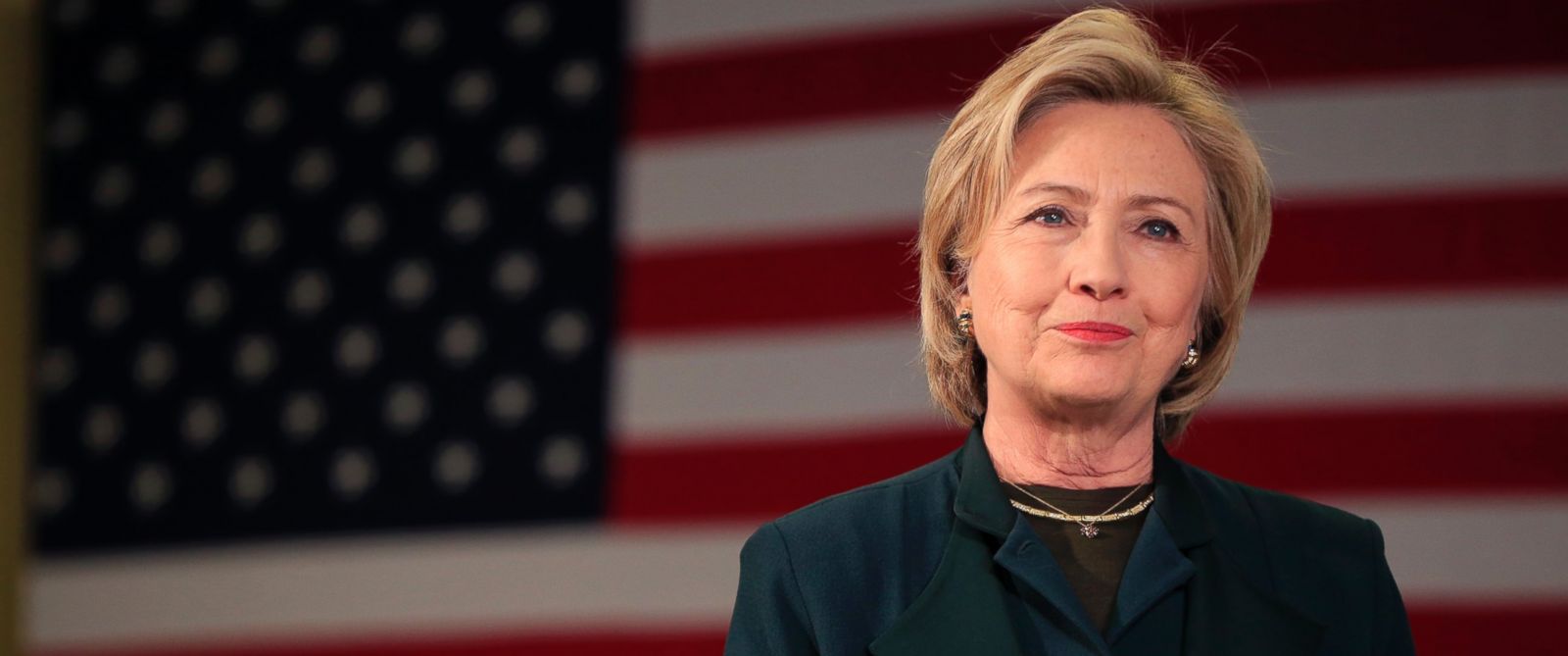
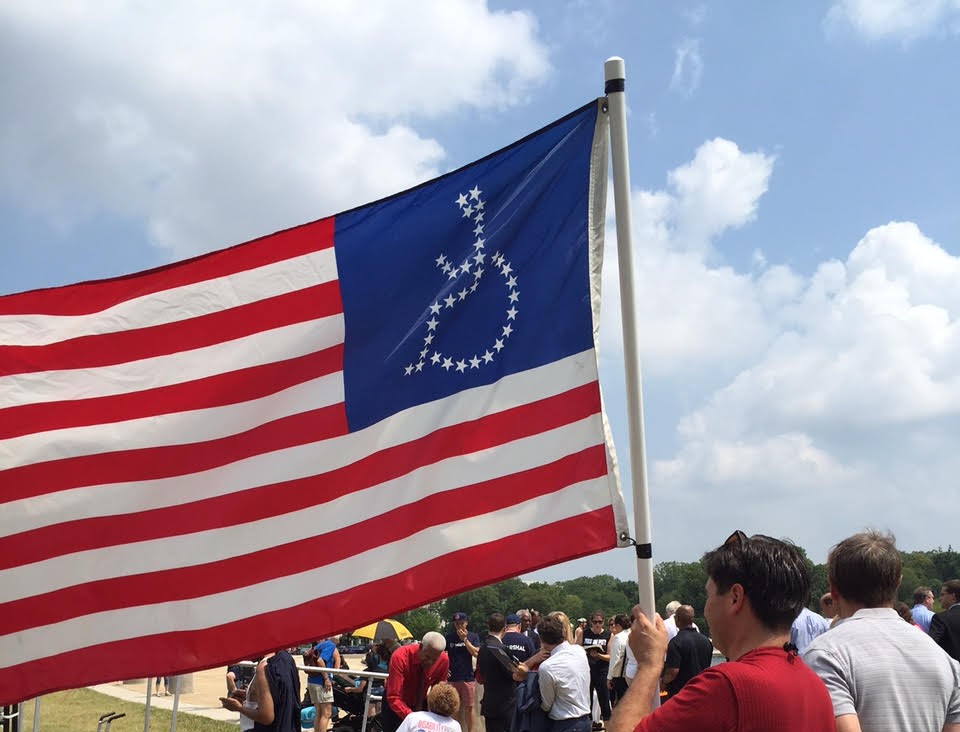
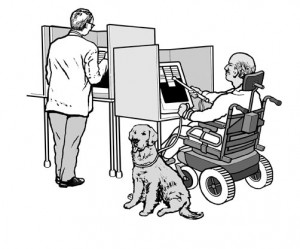 Washington, Sept. 20 – Last week, statistician Nate Silver’s FiveThirtyEight blog published an in-depth article examining the potential electoral impact of voters with disabilities in the 2016 election. This article, entitled “
Washington, Sept. 20 – Last week, statistician Nate Silver’s FiveThirtyEight blog published an in-depth article examining the potential electoral impact of voters with disabilities in the 2016 election. This article, entitled “